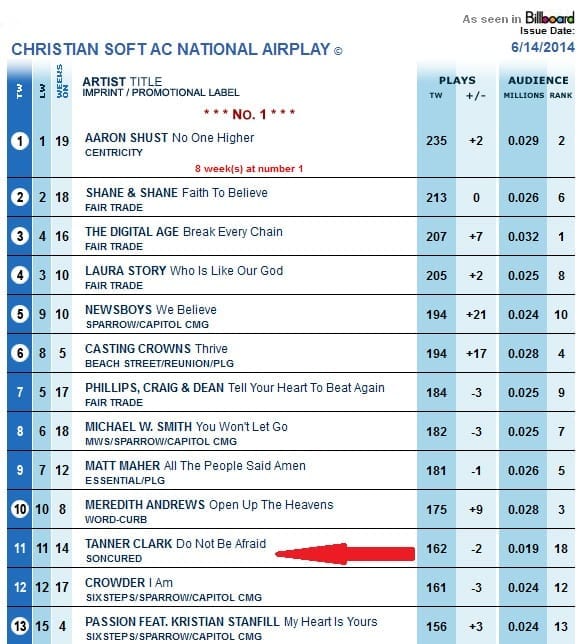

“ Lucian will do everything in his power to make sure she doesn’t go away,” says a label insider. Leaving Big Machine but staying within the Universal Music ecosystem. Some see this as the likeliest scenario, since there’s been some strain with Big Machine but Universal has more to lose than just bragging rights by not being in the Taylor Swift business anymore. One high-ranking Sony insider would like to see a deal with his company but believes their chances really depend on what Borchetta is willing to do, saying “it’s a nonstarter for us” if Big Machine decides to give in on the masters. A Sony source notes it’d be tricky to sign her to Columbia, where she’d have to share oxygen with a couple of those other biggest heavyweights, Beyoncé and Adele… but she’d be the undisputed champ at any of Sony’s other labels, not to mention over at the Warner Music Group. The complications would only come in as various imprints are considered. Signing with a non-Universal major. Any major label group would jump at landing someone who’s inarguably one of the three or four biggest music stars in the world. But she could do a great distribution deal anywhere, hire a few more people, and pay for some services that the streaming platforms will have soon but don’t have yet.” Breaking this ground might be hard to resist for someone who already handles most of the duties a label would - from A&R to album design to publicity to most of her videos - with her own in-house team. She might still want the security blanket of a label. The post-major-label DIY model. Does she even need a “real” record company anymore? “Really, what the labels do anymore is radio and international,” says one former major label chief, “and the rest is all bullshit, if they’re not developing an artist. Variety spoke with high-ranking label insiders and industry experts about how things might shake out for the “Shake It Off” singer, and came up with these four scenarios: If she wants to be creative and choose an alternative structure for capitalization, she could create her own business model. If she is seeking to break financial records and extend with a major, she could have the biggest artist deal of the century so far. “Taylor Swift is at an extraordinary point in her career where she can write her own ticket in regards to the commercial terms and deal structure.
#BIG MACHINE RECORDS RADIO PROMOTION ASHLEY PARSON FREE#
“There’s no precedent to look to regarding the top-selling artist of the digital era becoming a total free agent,” says The Davis Firm’s Doug Davis, one of the music business’ top lawyers. Several music business insiders note that it’s not out of the realm of possibility that Swift could command $20 million per album. Potential auctions like this don’t come up every year, and the numbers could be historic. (The label declined comment, as did Swift’s camp.) Failing to reach a deal to keep her on the label would have no small impact: Big Machine has derived as much 80 percent of its revenue from Swift’s music in recent years, says a person with knowledge of the business. Swift will almost certainly keep the rights to her masters in her next deal, but it’s no secret that, like a lot of superstars, she’d like to negotiate to own her previous albums, which currently remain in the hands of Big Machine. And Pollstar reports 100 percent of tickets sold in the first 18 cities on her 2018 stadium tour - grossing $5-9 million a night in venues with capacity from 47,000 to 62,000 - providing vindication after some initially suspicious press over the variable pricing model.īut key to the future business of Taylor Swift, Inc. She’s heartily embraced paid streaming, after a standoff in which she was the face of the resistance to free.


She could hardly be in a better position to attract suitors: Swift still sells albums in a post-CD age (prior to the triple platinum “Reputation,” her first five albums were all RIAA-certified for selling between 6 to 10 million copies, a starting streak no other artist can claim).


 0 kommentar(er)
0 kommentar(er)
